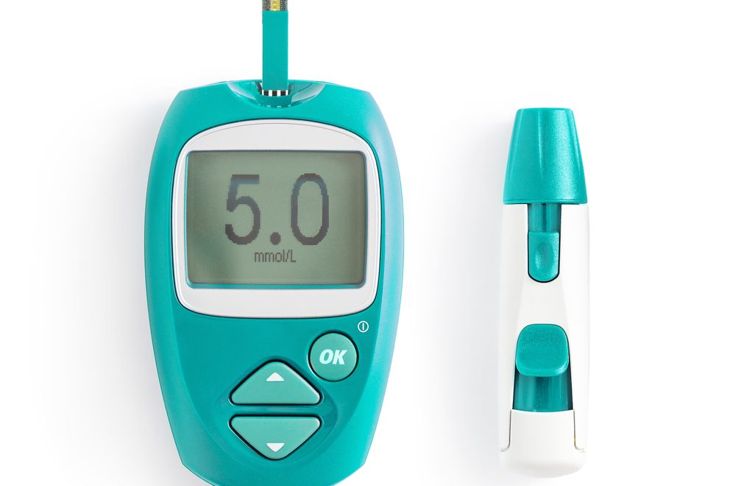Diabetes Mellitus, often referred to as just “diabetes,” is a disease of the pancreas. This vital organ produces a hormone that helps regulate blood sugar levels. More than 30 million Americans have diabetes, according to the Center for Disease Control. That’s approximately nine percent of the U.S. population. There is no cure for this chronic disease, but some things can be done to minimize the damage caused by diabetes.
Risk Factors for Diabetes
The following factors increase the risk of developing diabetes: a family history of diabetes, weighing 20 percent or more than your target weight, use of certain medications, an injury to the pancreas, already having an autoimmune disease like rheumatoid arthritis, high blood pressure, heavy alcohol use, smoking, and age (advanced age increases the risk.)
Symptoms of Diabetes
Early signs of diabetes are subtle. That’s why it’s important to be tested for the disease if you have one or more of the above risk factors. Symptoms of diabetes can include increased thirst, frequent urination, blurred vision, feeling weak and tired, dry mouth, and numbness and tingling in the hands and feet.
Tests for Diabetes
Two tests are primarily used to detect diabetes: the fasting blood sugar test and the A1c blood test, also known as the glycated hemoglobin test. The fasting blood sugar test requires the patient refrain from eating or drinking for eight hours before. There is no fasting before the A1c test.
The Difference between Type 1 and Type 2 Diabetes
There are two main types of diabetes. In Type 1 diabetes, the cells of the pancreas are damaged and produce little or none of the essential hormone. In Type 2 diabetes, the pancreas produces the hormone, but not enough to regular blood sugar levels. Ninety percent of people with diabeteshave Type 2 diabetes.
What Is Pre-diabetes?
Pre-diabetes is a condition that, if not treated, is likely to develop into diabetes within five years. If your doctor says you have pre-diabetes, it means your blood sugar levels are higher than normal, but not high enough for a diabetes diagnosis. Most people with pre-diabetes have no symptoms.
Potential Complications of Diabetes
Diabetes can have serious complications if left untreated. Possible complications include cardiovascular disease, impaired vision, nerve damage, kidney damage, foot damage, skin conditions, impaired hearing, depression, and Alzheimer’s disease. The longer you have diabetes, and the less you control your blood sugar, the greater your risk of complications.
Treatments for Diabetes
There is no cure for diabetes. That said, a number of practices can control blood sugar and thus reduce your risk of complications. These include oral medication, using an pump to administer hormones, and giving yourself periodic injections. Often, a combination of medication and injections is the most effective.
Managing Diabetes
Keeping an even blood sugar level is essential to living well with diabetes. People with diabetes should monitor their blood sugar levels by testing before and after meals, after exercise and at the beginning and end of the day. Small monitors are affordable and easy to use: you just prick your finger and insert the drop of blood into the monitor.
Preventing Diabetes
Some risk factors for diabetes are out of your control, such as a family history of the disease, and your age. Others can be corrected, so you can avoid developing diabetes. These include smoking and heavy alcohol use, as well as being overweight and not exercising enough.
Living with Diabetes
Living with diabetes doesn’t have to be complicated. It does, however, require keeping in tune with your body and regularly monitoring your blood sugar levels. If you just found out you have diabetes, it’s a good idea to meet with a nutritionist. She or he can recommend the best diet choices to keep your symptoms in check.

 Home
Home Health
Health Diet & Nutrition
Diet & Nutrition Living Well
Living Well More
More




















